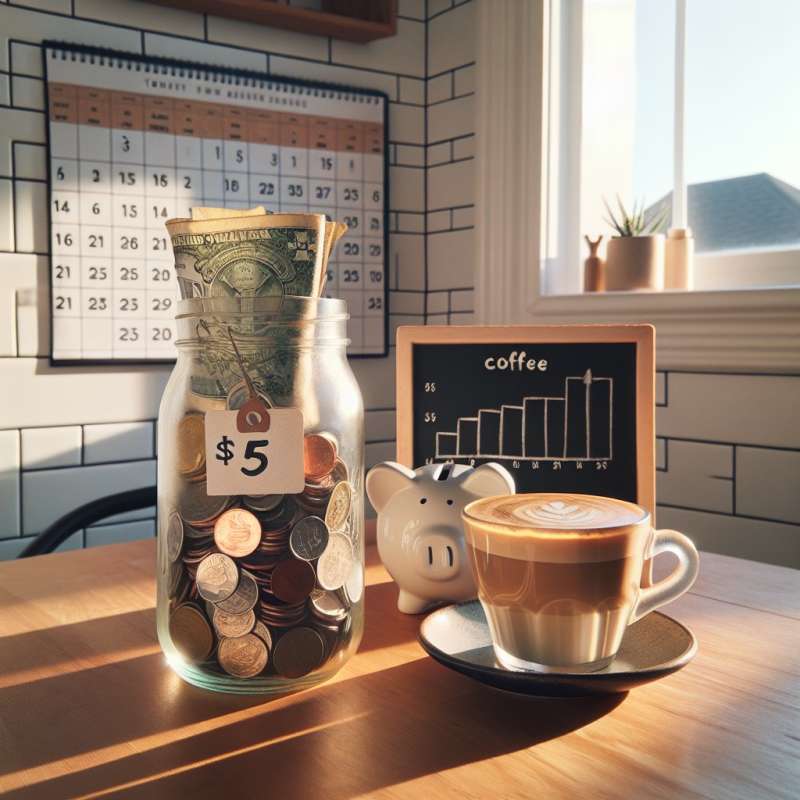
Understanding Discretionary Spending
Discretionary spending refers to non-essential purchases. Unlike fixed expenses, these are costs we can control. They often reflect lifestyle choices and can include entertainment, dining out, and hobbies.
Psychology Behind Overspending
Overspending often ties to emotional triggers. Stress, happiness, or peer influence can lead to 'retail therapy.' The temporary high from purchasing can overshadow financial reality and lead to debt.
The Latte Factor
Popularized by author David Bach, the Latte Factor symbolizes how small, regular purchases add up. Foregoing a $5 daily coffee could save you $1,825 annually, demonstrating the impact of minor spending habits.
Sunk Cost Fallacy
Sunk cost fallacy can lead to further unnecessary spending. It's the misconception that one must continue an endeavor because of the resources already invested, even when continued costs outweigh the benefits.
Mindful Spending Strategy
Mindful spending involves questioning the necessity and value of each purchase. It's about aligning spending with goals and values, reducing impulsive buys, and ensuring money is used effectively.
Opportunity Cost Concept
Every dollar spent on non-essentials could be invested elsewhere. The opportunity cost is what you give up when choosing one option over another. Saving instead of spending can lead to significant long-term financial gains.
Wealth Accumulation Insights
Exceptional savers often practice delayed gratification. By prioritizing saving over spending, they build wealth. It's not just about earning more, but about spending wisely and investing the difference.
What is discretionary spending?
Fixed, essential monthly costs
Non-essential, controllable purchases
Investments towards wealth building
Company